-

-
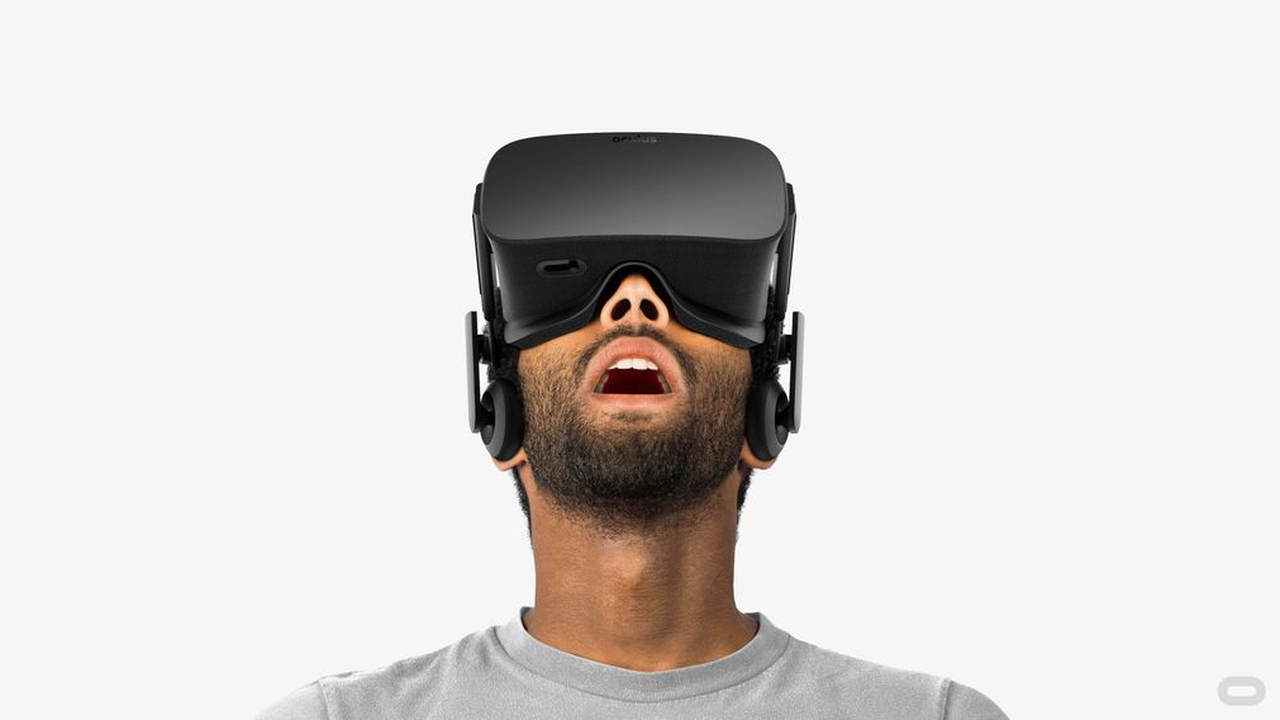
-

-

-

-

-

-
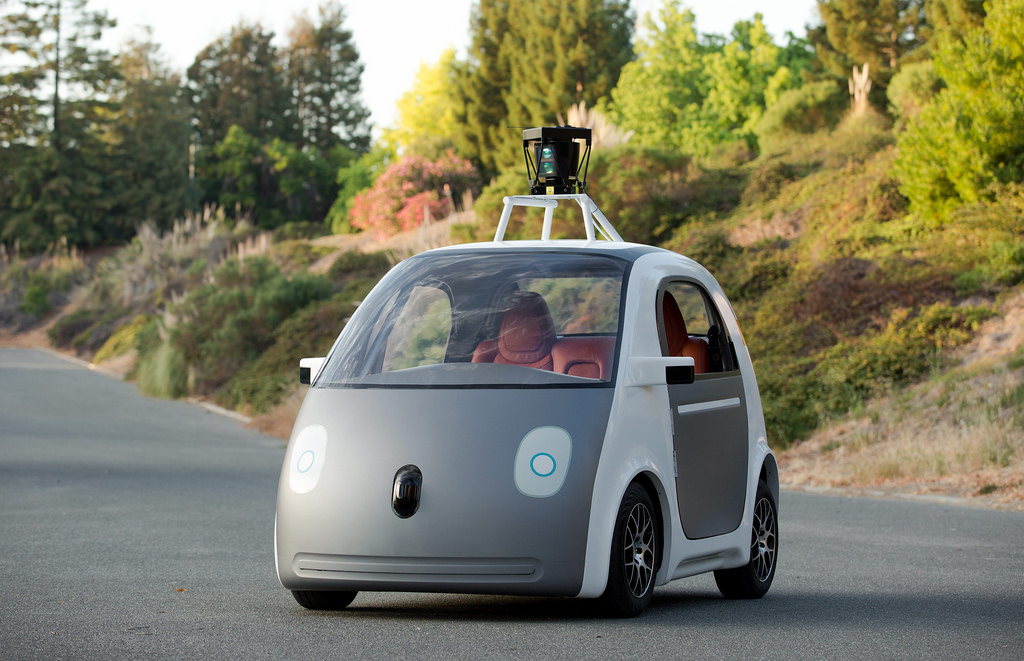
-

-

-
-
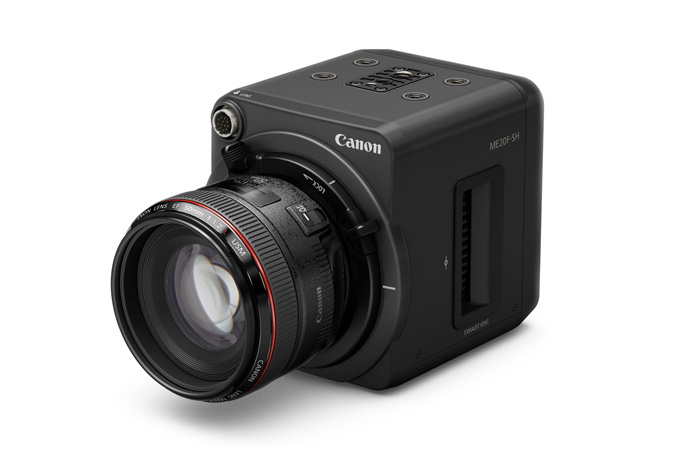
-
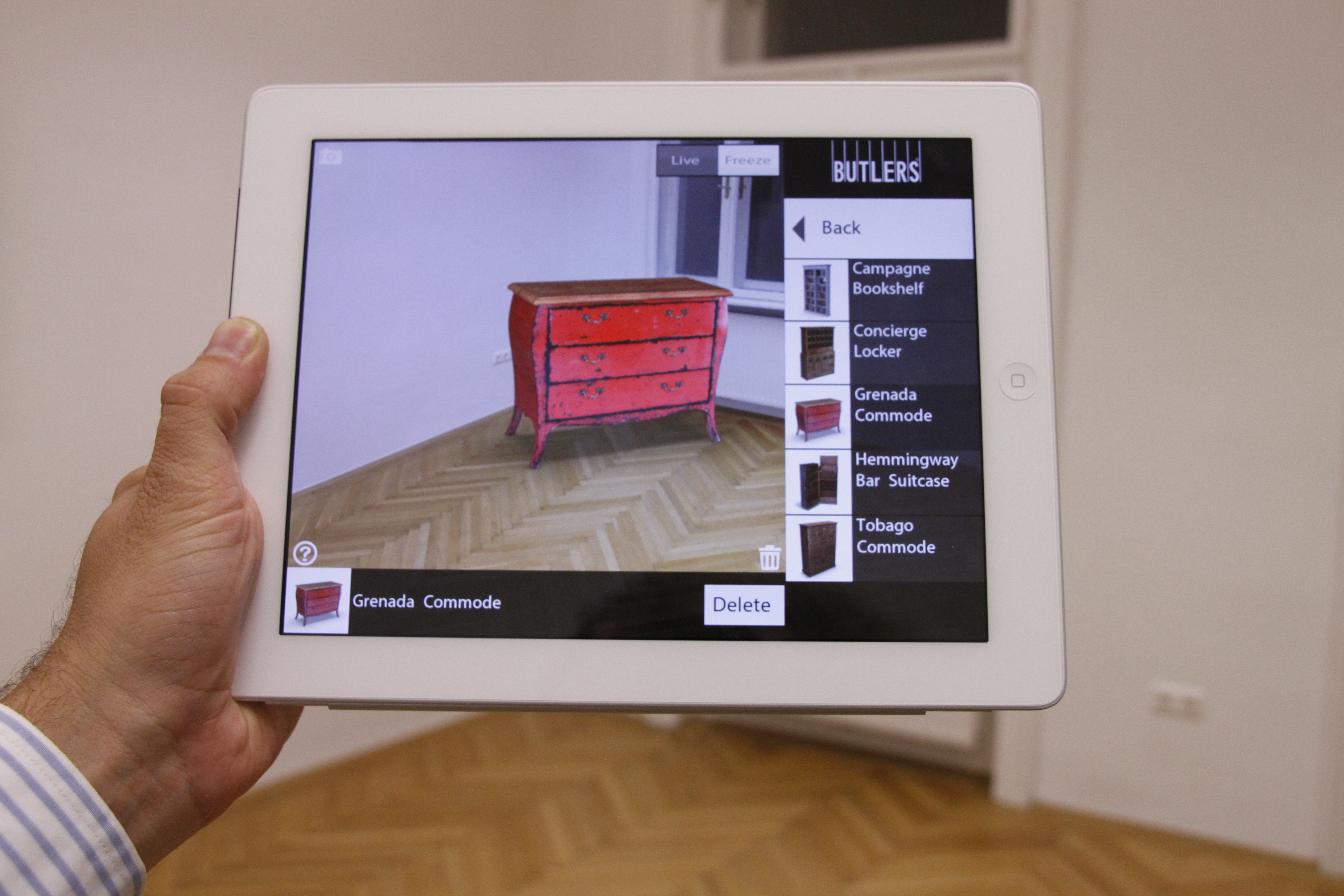
-

-
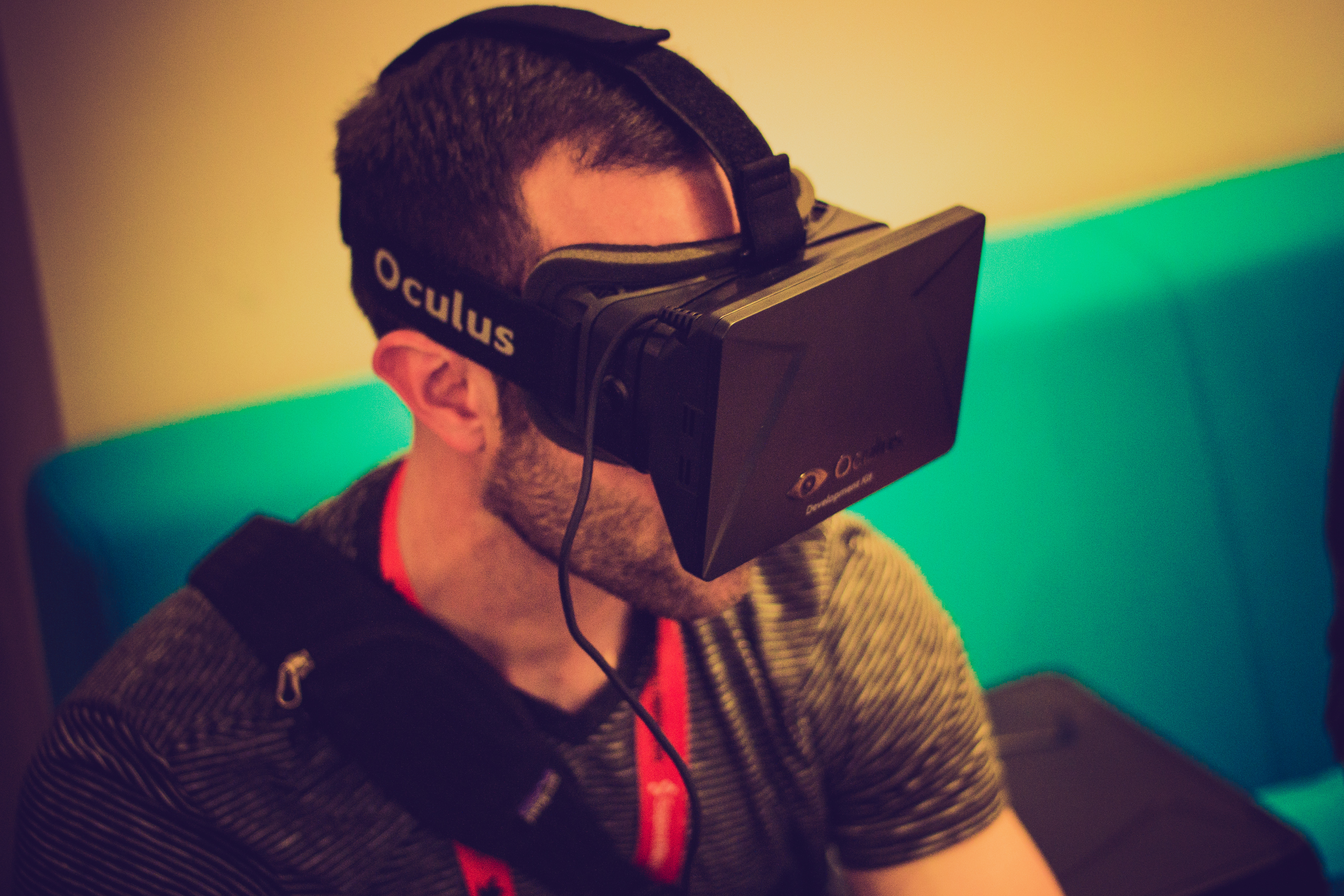
-
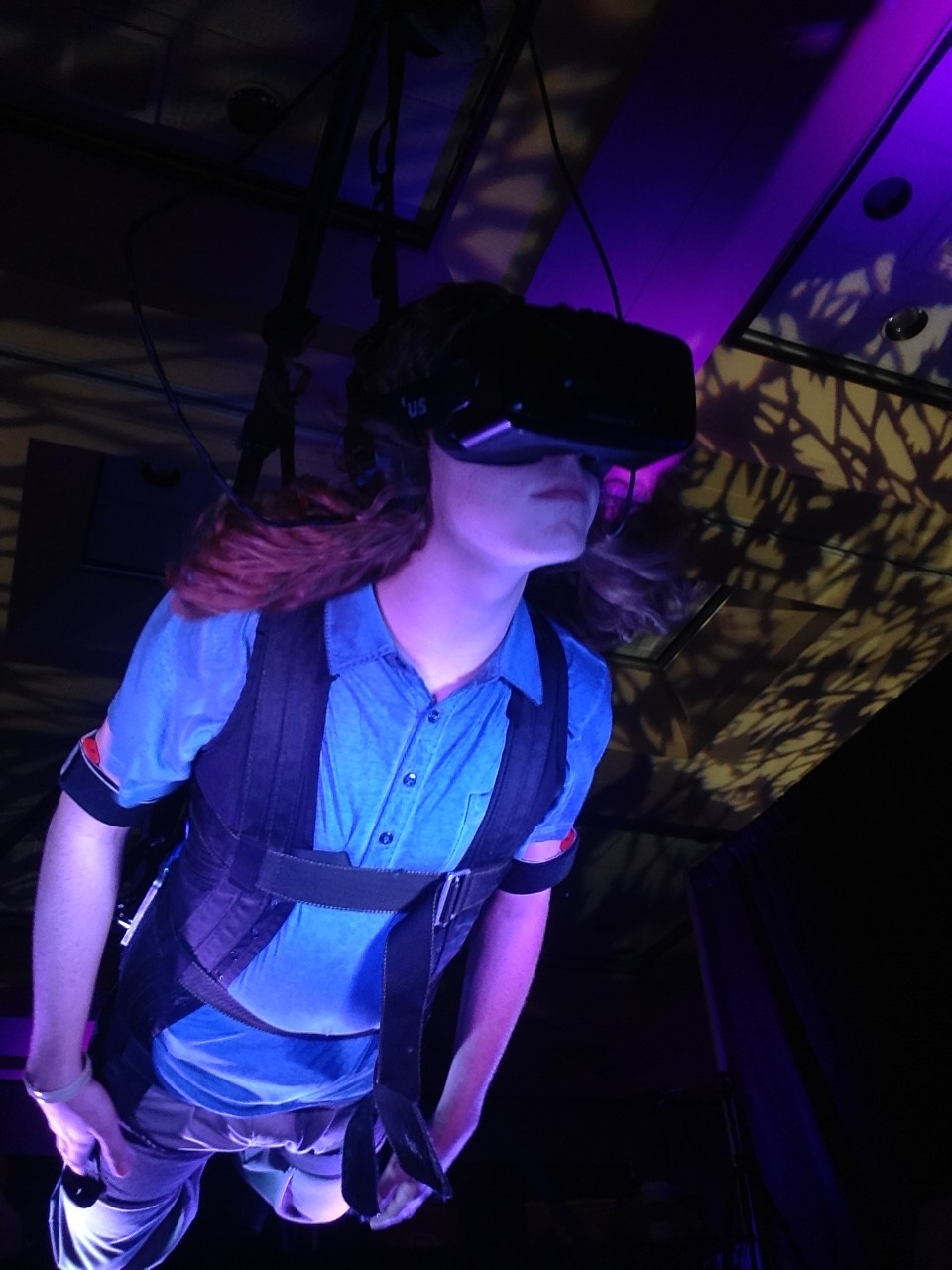
-

-

-

-
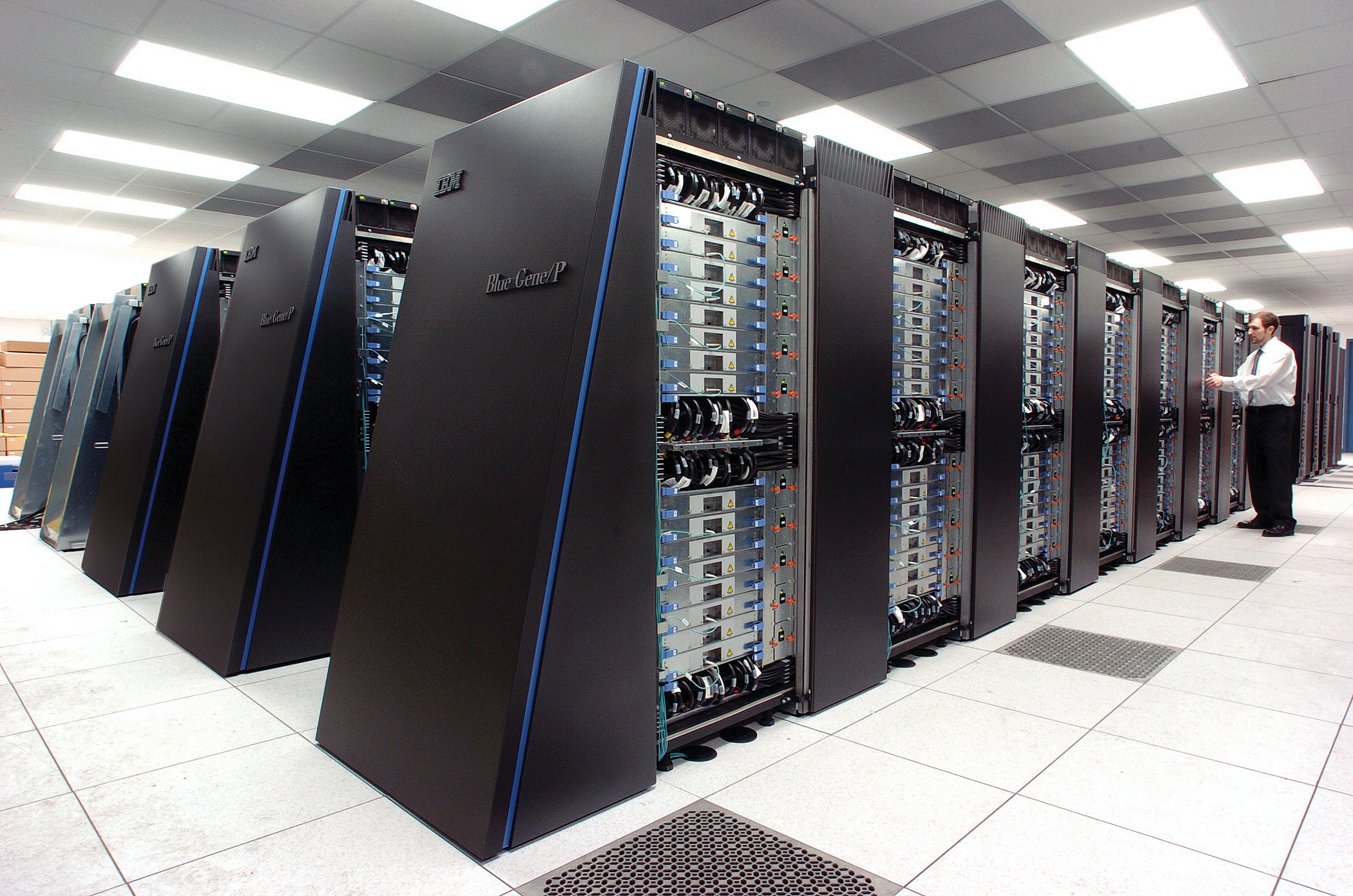
-

-

-

-

-

-

-

-

-

-

-

-

-

-
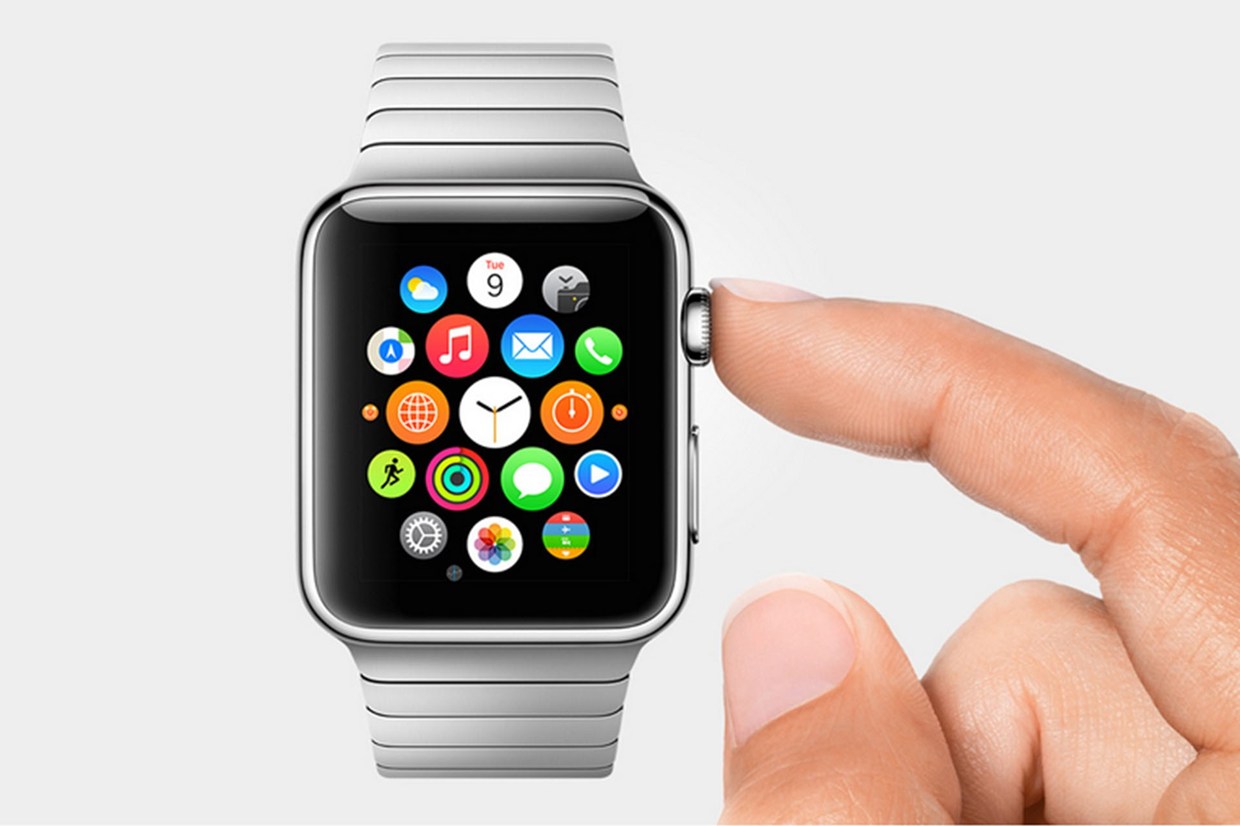
-

-

-

-

-

-
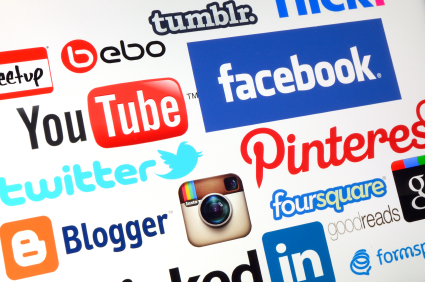
-

-
-

-
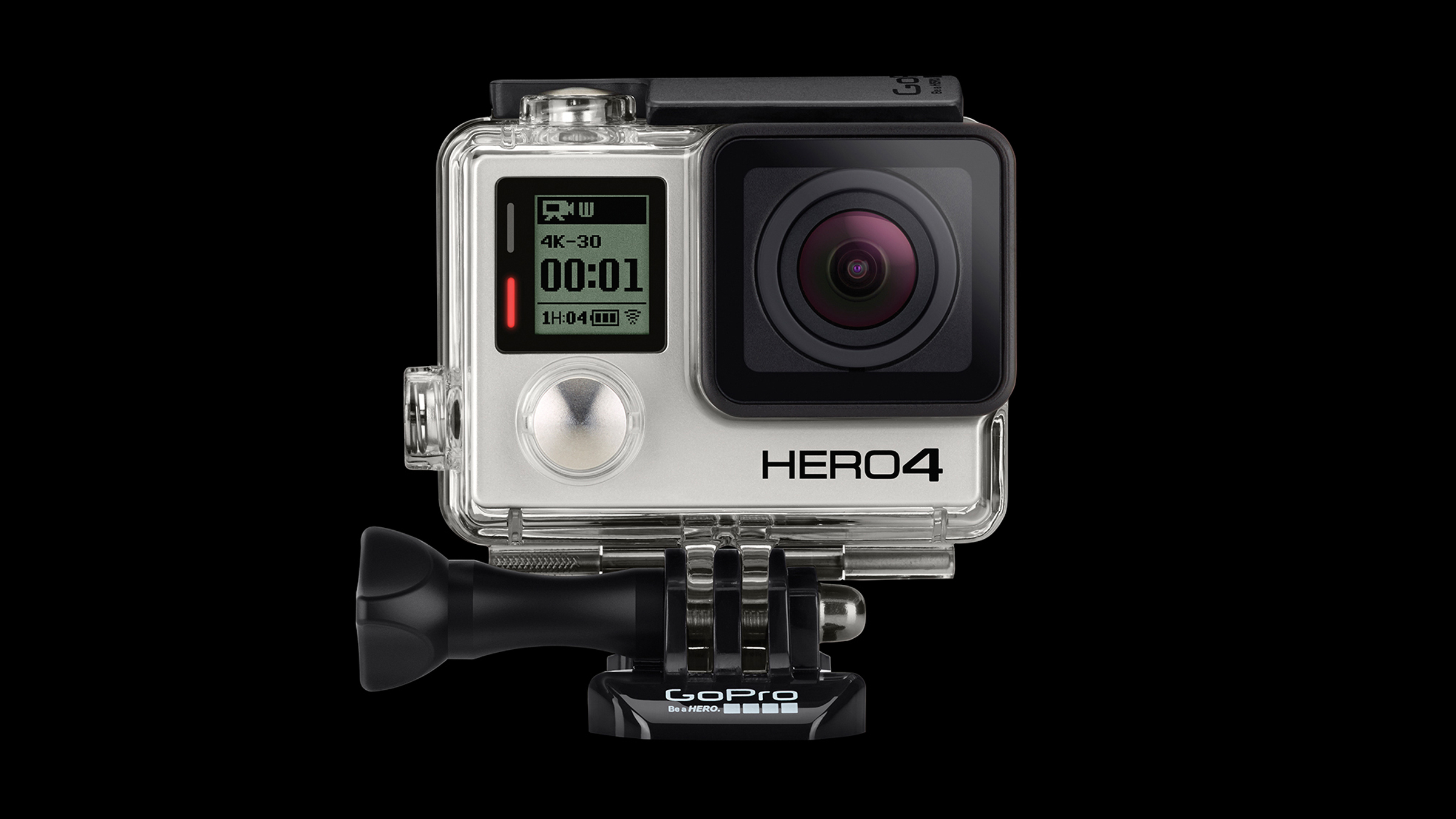
-
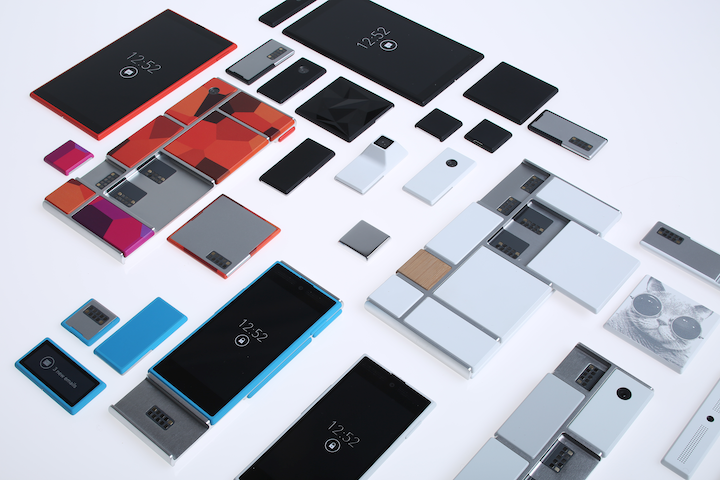 TOTW: Google's Project Ara Modular Phone May Be The Future Of SmartphonesOctober 30, 2014
TOTW: Google's Project Ara Modular Phone May Be The Future Of SmartphonesOctober 30, 2014 -

-
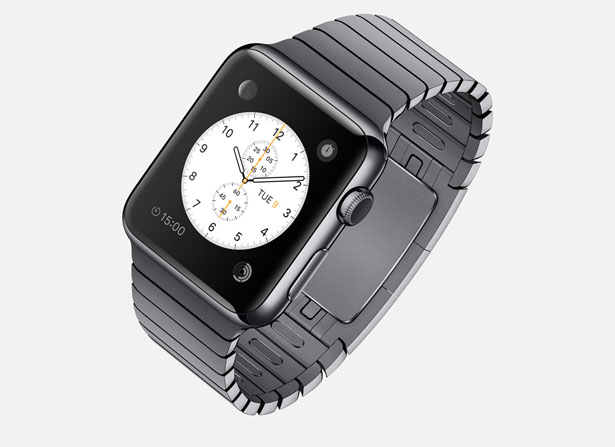
-

-

-

-

-

-

-

-

-

-

-

-
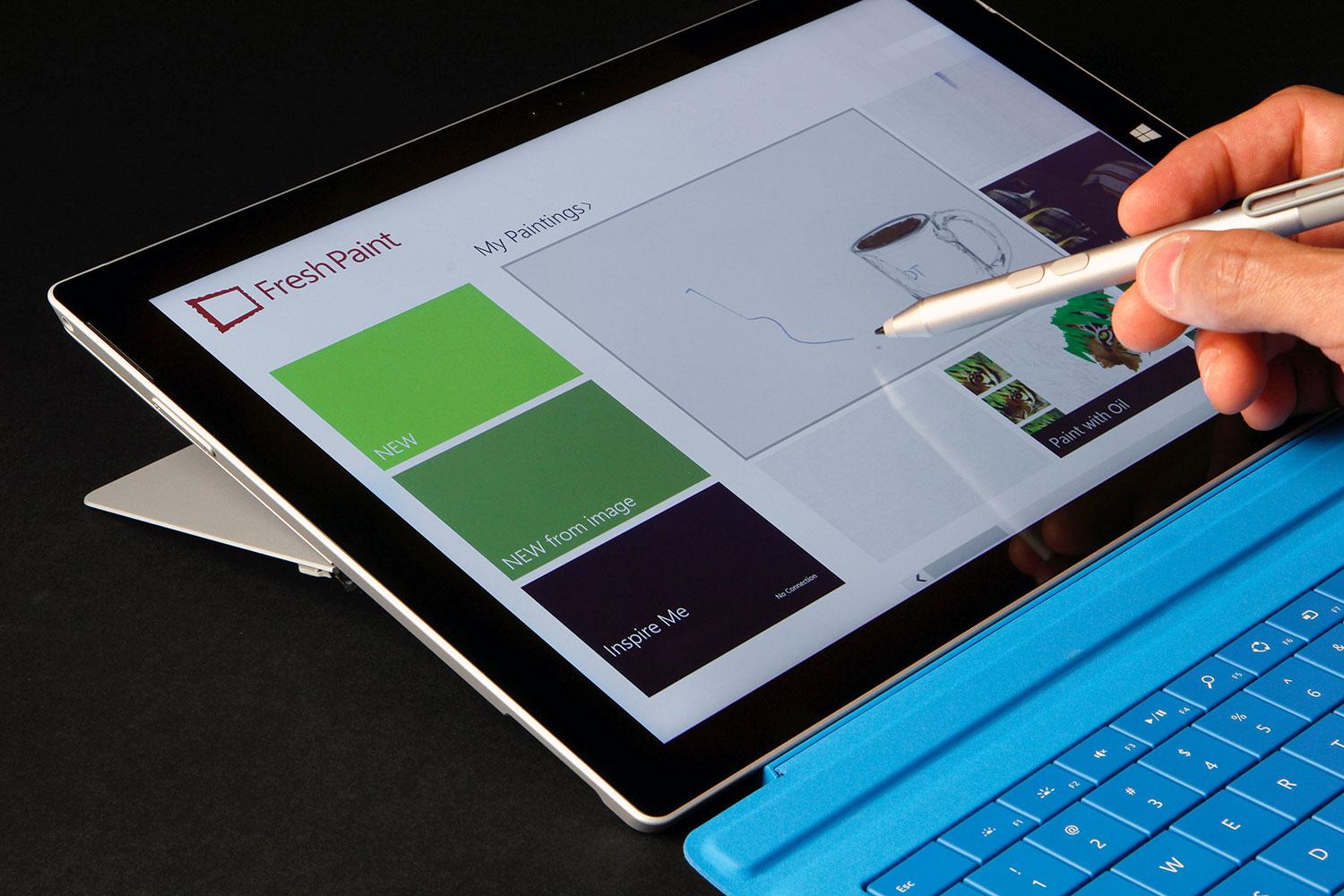
-
-
-
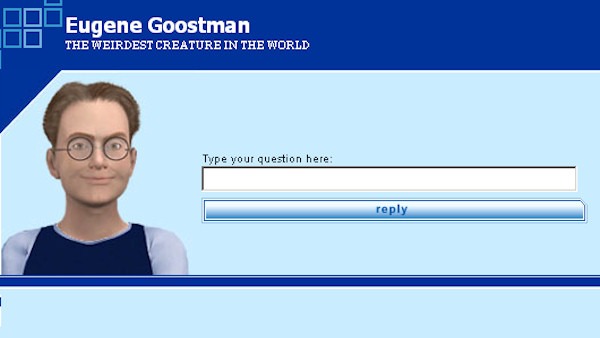
-

-

-

-

-

-

-

-

The Promise Of Augmented Reality
Just two sessions into Augmented Reality World 2016, and the incredible feeling of excitement about the industry had already set in. In a talk entitled The Butterfly Dream: Smart Eyewear in 2031, Dan Eisenhardt discussed the future of AR and the Internet of Things, and it’s no surprise that at a AR/VR/IoT conference the perspective on these technologies is optimistic. Eisenhardt addressed a concern shared by many augmented reality skeptics: will people really wear things on their head all the time?
Basically, this entire conference is a testament to the fact that plenty of large corporations are saying yes. In his talk, Eisenhardt argued that, just as with the book, the wristwatch, and the smartphone, any technology that alters our intake of information, and especially those that alter our appearance even slightly, could suffer backlash. (yes, even books had some backlash, people saying kids were spending too much time inside reading). But just as with the books, the wristwatch, and the smartphone, the utility of these technologies ultimately overcomes these concerns. All the numbers have been pointing in that direction: incredible growth for the last 5 or so years, the colossal projected potential in the industry, and more. But aside from that, to zero in on AR in particular, the potential use-cases are mind-blowing. Walk into a clothing store and a large arrow appears in your vision, identifying clothes in your size? Within a few years, definitely. Texting, calling, searching, helpful information, all showing up in your vision in an unobtrusive and simple way? Almost already here.
While we’re still some distance from having AR glasses look identical to standard prescription glasses, we’re on our way. Even since last year, the glasses being showcased today are smaller, faster, lighter, and have higher-quality displays. The experiences you can already have with headsets like HoloLens and ODG R7 are quite amazing, and it’s only natural that by 2031, fifteen years from now, the best use-cases will have had plenty of time to become mainstream. Eisenhardt went as far as to say the question will not be “should I get AR glasses?” in 2031 but “when will I upgrade my current AR glasses?” In other words, AR will be as ubiquitous as smartphones are today – you can’t leave home without them. I can’t quite decide if that’s scary or exciting.
Sergey Brin, co-founder of Google, wearing the (for the most part) failed Google Glass, the first mainstream AR headset.
I’m a technological optimist; I feel that AR, VR, and other technologies will substantially change the world as we know it. And I expect to jump on the bandwagon as soon as the prices become more competitive. Nevertheless, the notion that our current reality might be replaced with one that is constantly augmented by computer-generated graphics is slightly unsettling. I like reality as it is, and while I trust AR can make our lives easier and more productive, just as smartphones have, I can’t help but wonder whether being completely plugged into an augmented, even completely simulated world with VR would take a certain realness out of life. A realness I enjoy.
Something about AR glasses, wearing computers on our faces, poses a large change to that lifestyle, that reality. Eisenhardt talked about how reality is subjective anyway, how my reality may be different from yours, how easy it is to alter our current perspective of reality, and how holding onto a non-augmented reality is rejecting a technology just because you want to protect something that didn’t really exist in the first place. If you’re fully immersed in a simulation, a VR/AR experience, such that you feel like you’re in another world, move around like you’re in another world, hear, smell, touch, and taste like you’re in another world, who’s to say you’re not in another world?
This is, of course, speculation. By 2031, I would expect AR to be at least something you use on a weekly basis, if not daily. By then, AR would be no different than opening up a laptop, checking your smartphone, or even reading a book. The idea of our current, unaltered, unaugmented reality is slowly being broken down, each new technological advances making our reality seem more and more mutable. AR is very exciting; I’ve had the chance to demo some pretty incredible experiences here at AWE 2016, from beating up a robot and petting a dog with Midas Touch Games, to making music with Subpac, to exploring a prehistoric world of dinosaurs with LifeLiQe, all in AR and VR. And while the novelty of these experiences will soon fade away, they will be replaced by very practical and helpful uses of the technology. While it may be scary, and certainly is exciting, there’s no doubt AR will be a large player in the future of entertainment, enterprise, and more.
Leave a Reply